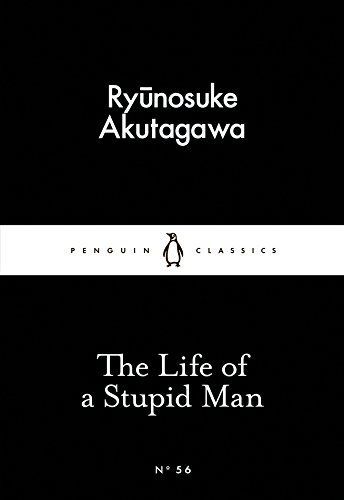
Reviews
aye@rreesespuff
B!@littlesnoops
ch@gouache
Sophía Allan@shoppy
Milo@mossreads
Cait🪼@figs0up
Gavin@gl
laila@esudevie
Momo@novelallure
Nininin@nininin
gia@soupyheart
lara@orangefortwo
Faith@urfaithy
A.@surreaelism
Stefania orduz@stefaniaorduz
turtle@everytinegoes
Ryan Brewer@ryanbrwr
Julia @juliyor
Alys@allyssed
♱ zuzanna @thesoundofrain
gigi@stopmotion
Alisa @sherly
Haritlak Thawikasikam@haritread
Kat @idkimgay
Highlights
Nininin@nininin
Page 55
ch@gouache
ch@gouache
ch@gouache
Sophía Allan@shoppy
Page 85